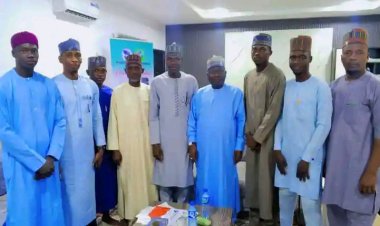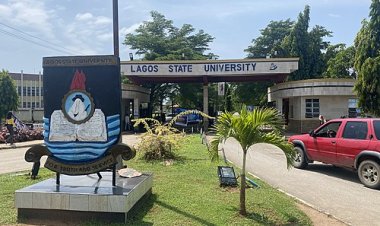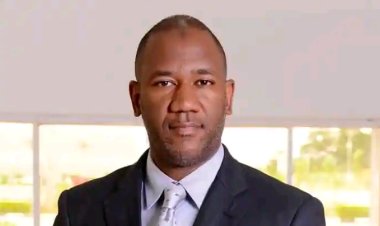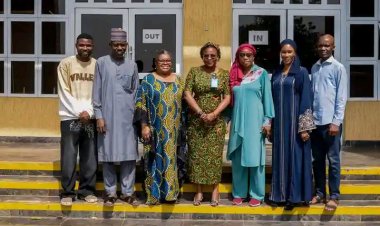ICPC Reaffirms Commitment to Combat Corruption in Nigeria's Basic Education Sector
He was represented by Grace Agha-Ibe, the director of ICPC’s special services, who expressed deep concern over the detrimental effects of corrupt practices in the education sector.
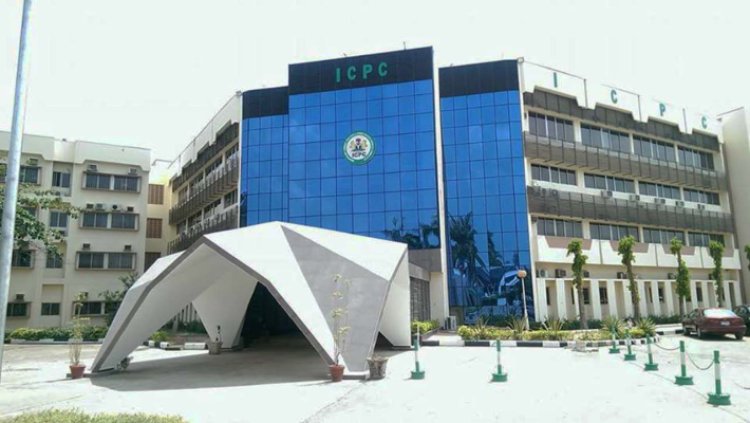
The Independent Corrupt Practices and Other Related Offences Commission (ICPC) has reiterated its dedication to eradicating corruption within the basic education sector, a commitment emphasized during a three-day capacity-building workshop for State Universal Basic Education Boards (SUBEBs) and the Federal Capital Territory Universal Basic Education Board (FCT-UBEB) officials in Abuja.
ICPC Chairman Musa Aliyu made the remarks on September 24, 2024, stressing that the lack of transparency and accountability has significantly impacted the education system. He was represented by Grace Agha-Ibe, the director of ICPC’s special services, who expressed deep concern over the detrimental effects of corrupt practices in the education sector.
“The ICPC is committed to its enforcement, prevention, and public education functions and is ready to partner with the SUBEB and FCT UBEB in eradicating corruption in the basic education sector,” Aliyu stated.
He highlighted alarming statistics from the British Council, which indicate that approximately one-fifth of the world's 60 million out-of-school children are in Nigeria. Furthermore, he pointed out that even those who do access schools often receive inadequate education.
Mr. Aliyu elaborated on the pervasive nature of corruption in basic education, noting that issues arise from various stages, including student enrolment, provision of textbooks and equipment, management of teachers, and project execution. He remarked, “Corruption is at the heart of the unpalatable experiences in basic education, and the lack of transparency and accountability has led to a significant increase in corrupt activities within the sector.”
The ICPC chairman underscored the urgent need for all stakeholders involved in the basic education sub-sector to uphold integrity and accountability in their roles. He affirmed the commission's determination to enforce regulations aimed at preventing corruption in public education.
In addition, Hamid Bobboyi, the executive secretary of the Universal Basic Education Commission (UBEC), emphasized the importance of capacity training for teachers to enhance the quality of education across the nation.
The ICPC's initiative aims to create a collaborative framework for stakeholders to effectively address and mitigate corruption, ultimately improving the educational landscape in Nigeria.

